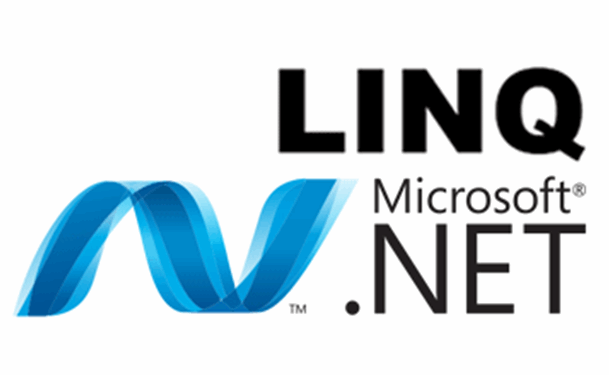
Linq ("Language Integrated Query") è un componente del Microsoft .NET Framework che aggiunge funzionalità di interrogazione dati stile SQL. Può essere utilizzato per estrarre ed elaborare comodamente dati da array, classi numerabili, documenti XML, database relazionali e fonti di dati di terze parti. Altri usi mediante espressioni di query per comporre in modo leggibile calcoli arbitrari, includono la costruzione di gestori di eventi o parser monadici. Linq definisce anche un insieme di nomi di metodi (chiamati operatori di query standard, o operatori di sequenza standard) per tradurre espressioni in stile fluente in espressioni che utilizzano questi nomi di metodi, espressioni lambda e tipi anonimi.
Esistono versioni di LINQ per PHP (PHPLinq), JavaScript (linq.js), TypeScript (linq.ts) e ActionScript (ActionLinq), anche se nessuna è strettamente equivalente all'originale .NET implementato in C#, F# e VB.NET nei quali è una parte integrante del linguaggio, non una libreria esterna, e spesso risponde ad una più ampia gamma di esigenze.
Language Integrated Query (LINQ)
LINQ to Objects for the .NET developer
LINQ basics
LINQ: a language to rule them all!
C# Tutorial 15 LINQ Tutorial
C# Essentials: Linq for Lists - Sorting, Filtering, and Aggregating Lists Easily
Add new comment